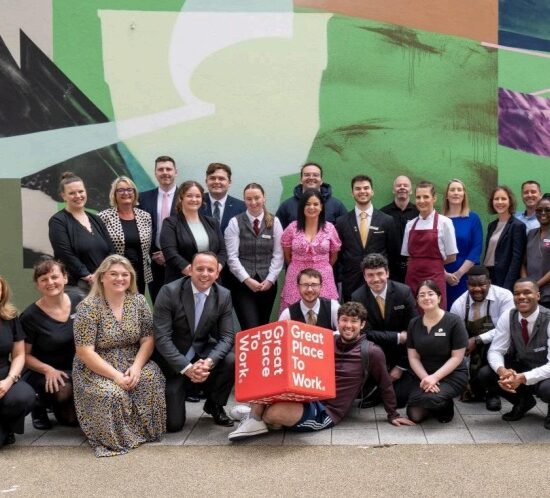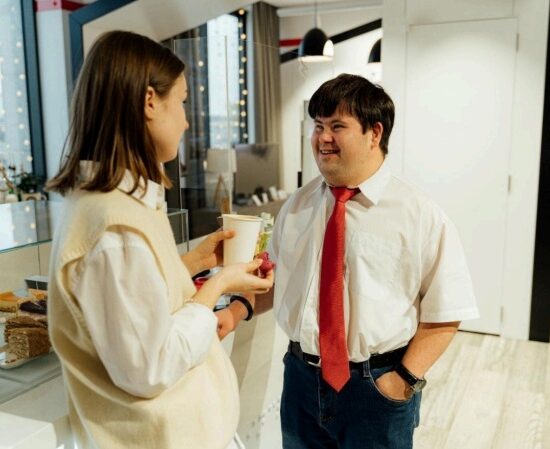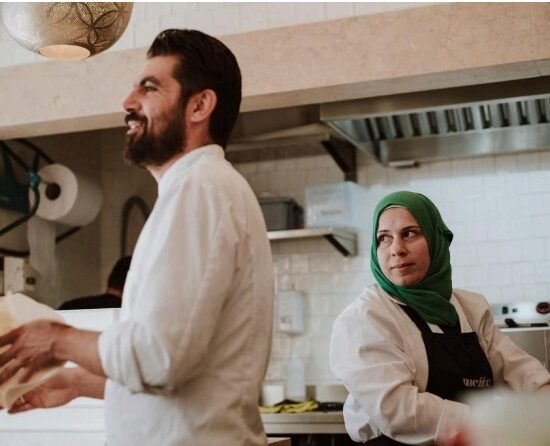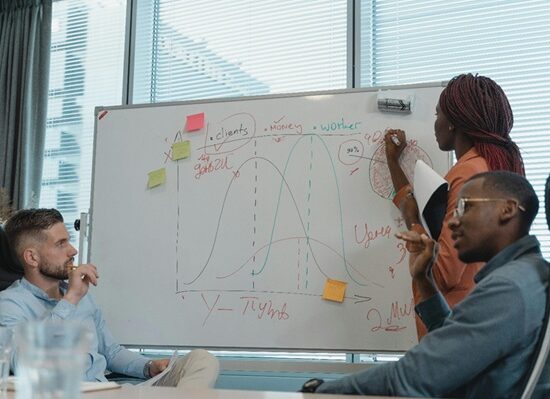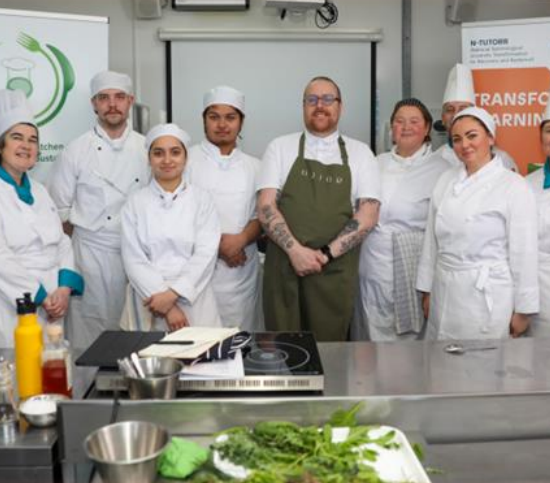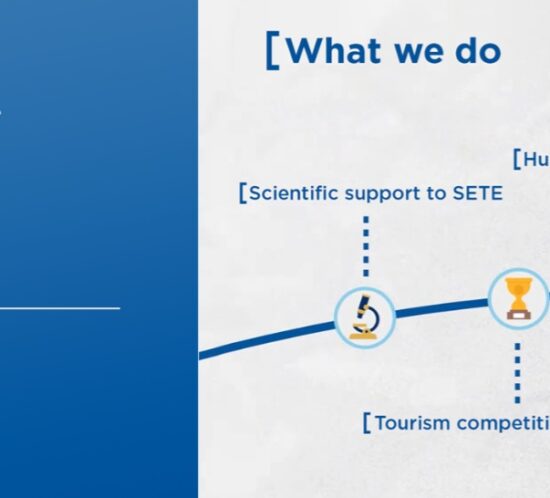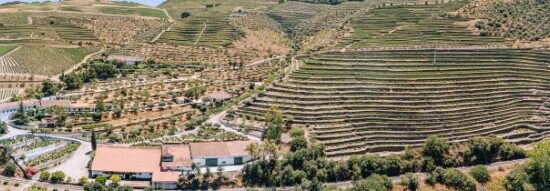Trigon Hotels, Ireland: A best practice in promoting gender equality and EDI
Trigon Hotels employs 300 employees to run three properties in Cork, Ireland, and has been in business since 2009. Their services include accommodation, dining and conference facilities for both leisure and corporate guests.



